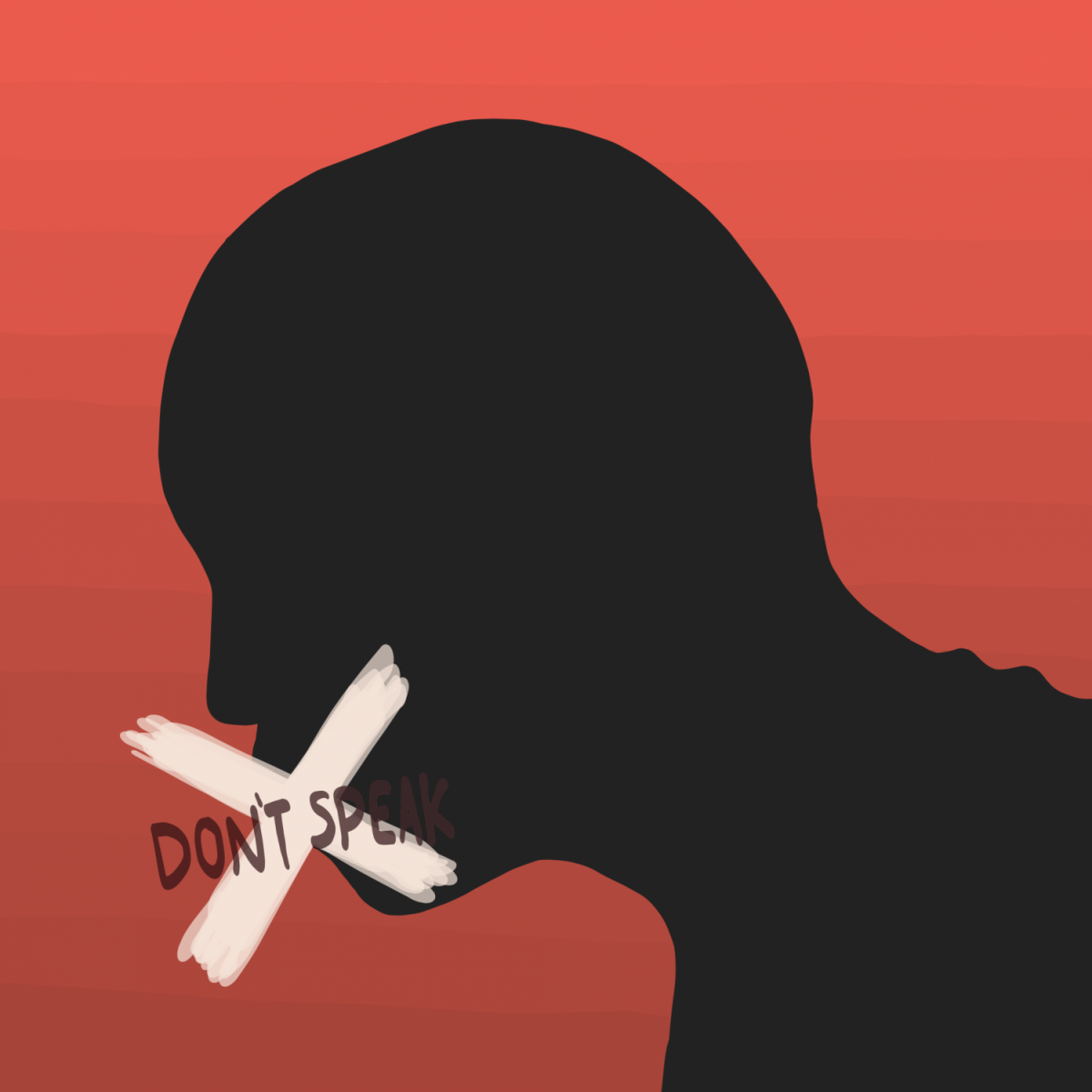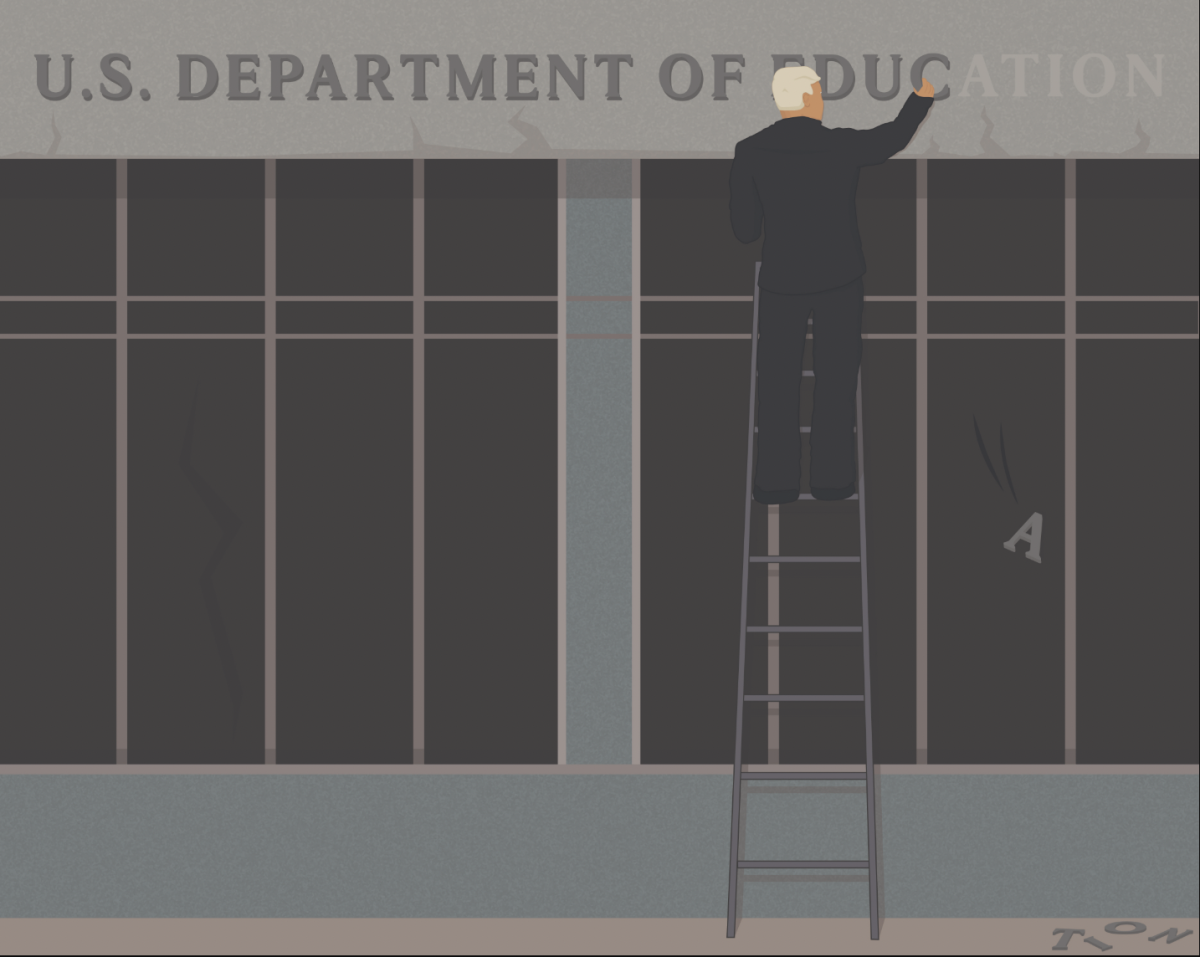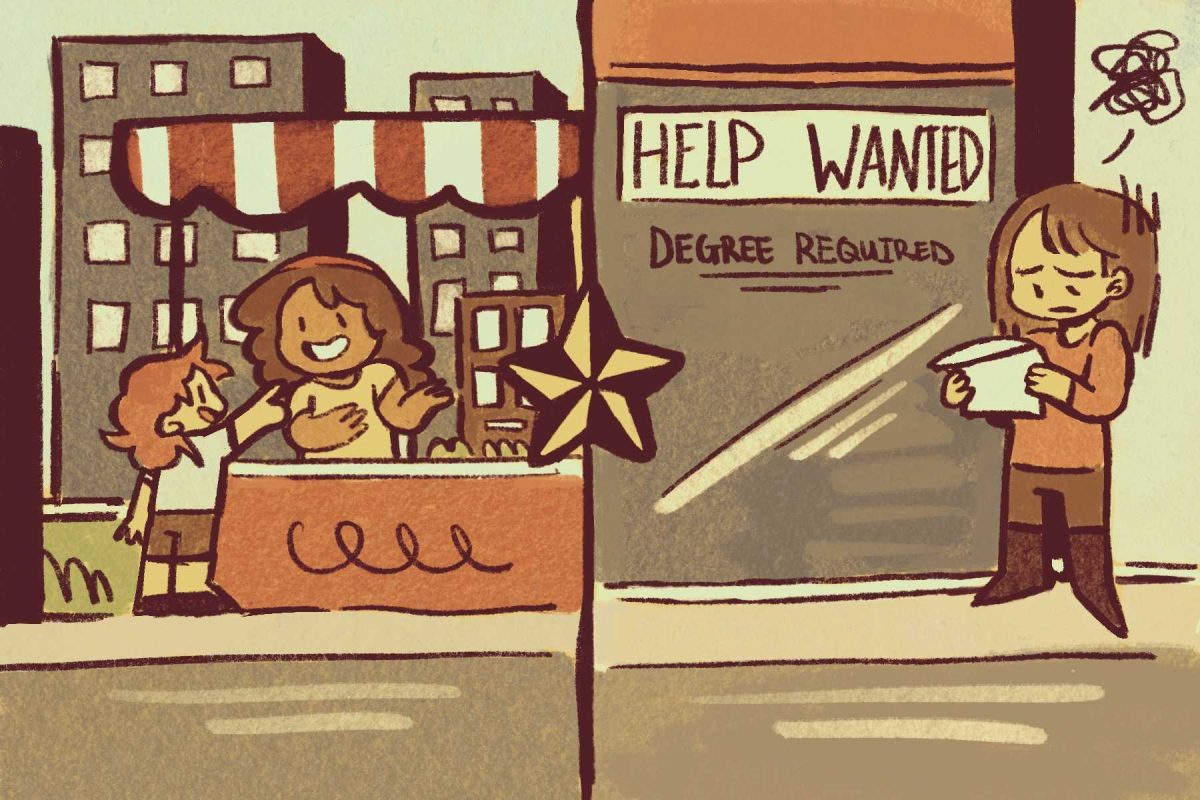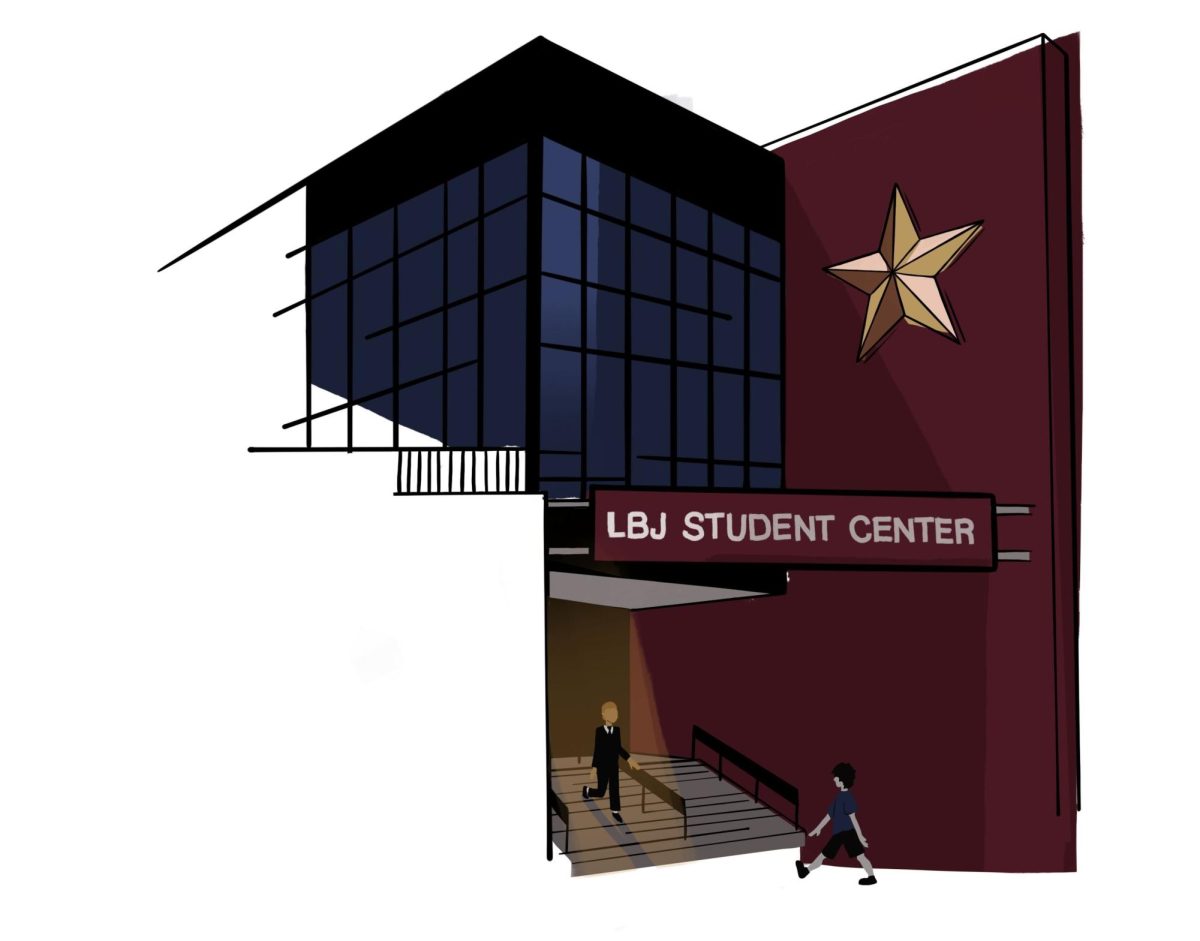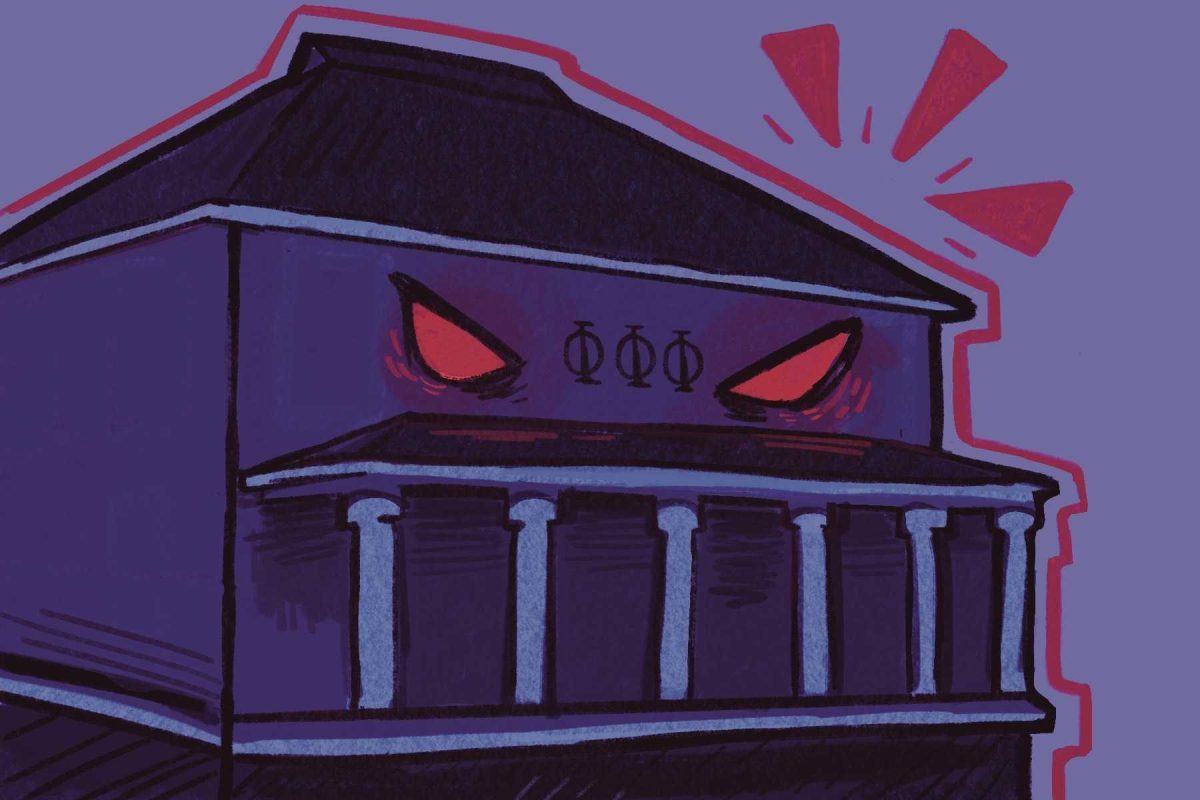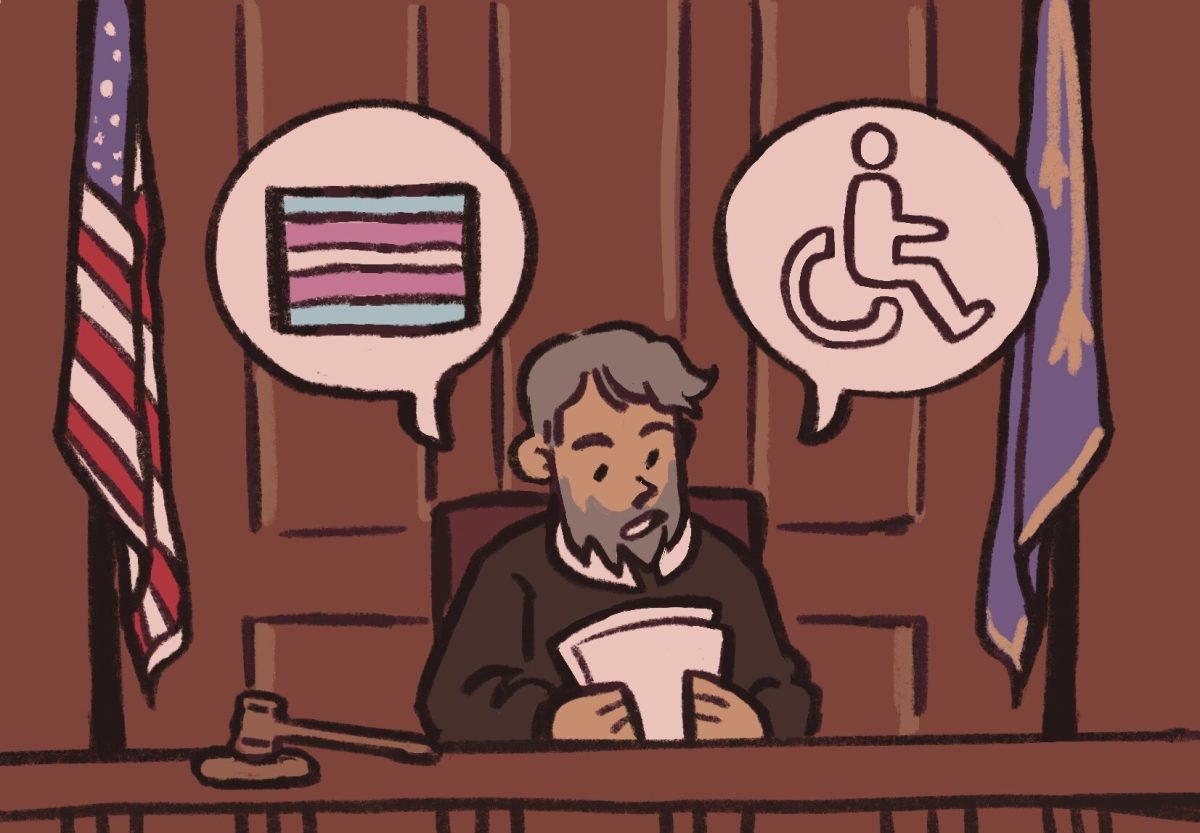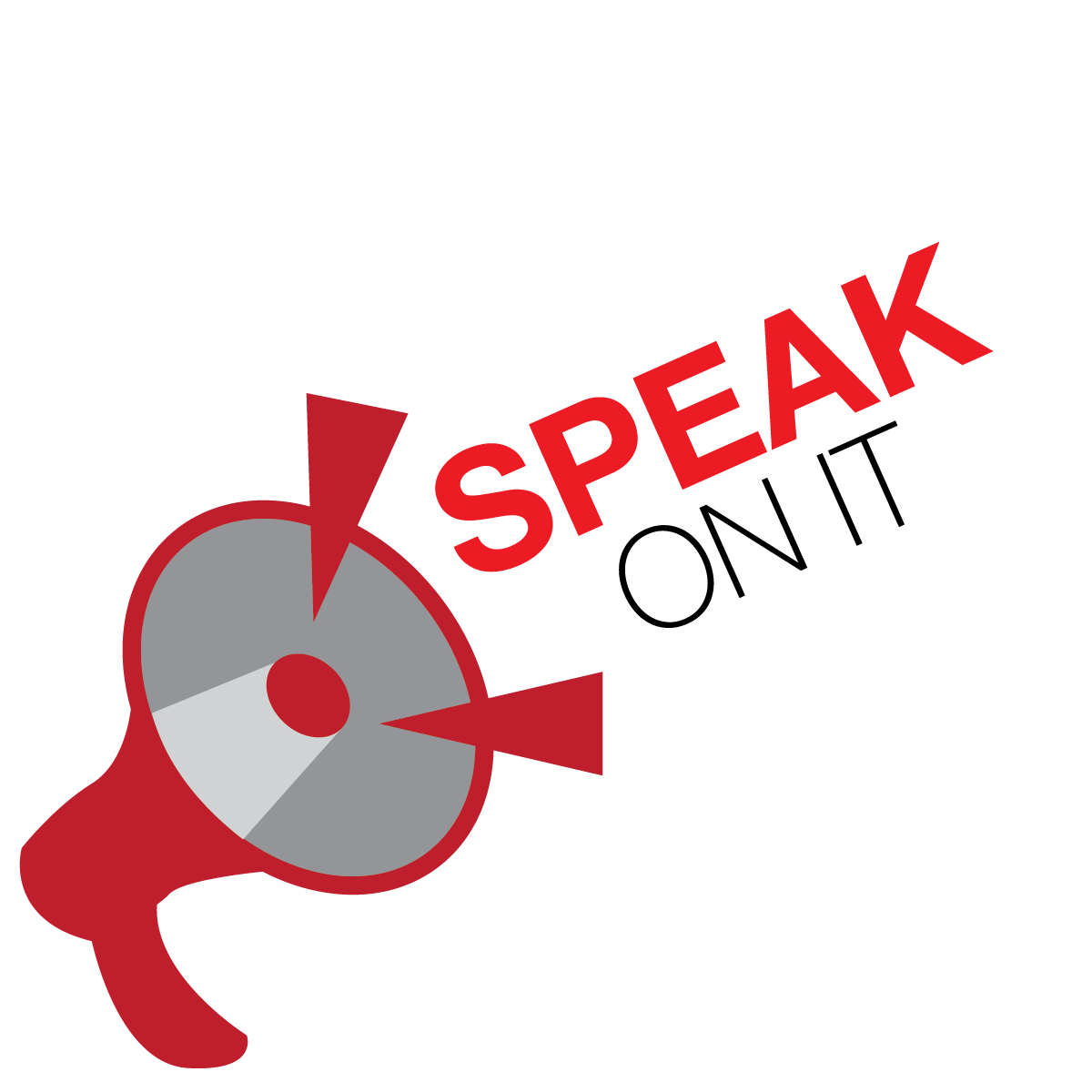The murder of George Floyd prompted thousands of peaceful protests across the nation demanding justice for victims of police brutality. In response, federal and local governments are attempting to silence the voices of citizens, violating the one thing people should never worry about—their First Amendment rights.
Various protests against animal cruelty in the food industry and COVID-19 precautions took place with no limitations, yet the Black Lives Matter movement has experienced dangerous signs of censorship. The First Amendment grants Americans five basic liberties: Freedom of religion, speech, press, petition and assembly. Three of the five have been threatened in the wake of this movement.
The protests began the day after Floyd was murdered in Minneapolis on May 25, and people still continue to gather across the country, even in San Marcos. Although a majority of the protesting has remained peaceful, a call for police and militarized forces was requested on a national level.
After President Trump threatened to send military forces to cities and states that refused to take action against protesters, Gov. Greg Abbott declared a state of disaster for all Texas counties in response to growing protests. Abbott deployed 1,500 DPS officers and the National Guard to assist law enforcement agencies in keeping the peace and reduce property damage.
However, viral videos have circulated on Twitter showcasing police officers and the National Guard repeatedly attacking bystanders for no reason. Sending law enforcement turned peaceful protests violent, forcing protesters out of public spaces and making them unable to use their voices to protest.
Being able to stand and peacefully protest is guaranteed in the First Amendment within the U.S. Constitution. Congress shall make no law prohibiting this, and police forces are only allowed to contain you if they witnessed an actual crime, have probable cause or possess a warrant.
As seen in many incidents, police have no problem resorting to violence with protesters. People have the right to amplify their voices by protesting. The right to speak freely (with narrow restrictions) and peacefully assemble is guaranteed in the Constitution. When people are detained, tear-gassed and shot at, it impedes on their constitutional freedoms.
In addition to quelling protests with violence, curfews were put in place in areas like San Antonio and Dallas. Protestors violating their city’s curfew would be arrested and fined, further dividing any civility between law enforcement and community members trying to protest peacefully. The decision to implement a curfew was undeniably done to silence the movement.
Officers are supposed to make civilians feel safe, heard and protected; instead, law enforcement and the National Guard have made citizens feel as if they were under Martial Law.
Protestors and bystanders have not been the only ones to suffer at the hands of law enforcement; journalists have also become victims of violent action and censorship.
Instead of being able to do their jobs, journalists have become targets. The U.S. Press Freedom Tracker verifies over 400 reported incidents against the media nationwide. Many have been pepper-sprayed, detained and physically harmed by police forces.
Actively preventing journalists from doing their jobs is censorship at its core. A camera crew and reporter are not difficult to identify. No journalist should be attacked for informing the public.
With different narratives of protests being shared online, the trust between media and Americans will continue to dwindle. But the fight for protecting Americans’ basic liberties should bring a clear consensus.
Government officials have been trying to silence the voices of the people during these ongoing protests. History has told us there is power in movement, and leaders in positions of power with the ability to establish change are well aware of this. Attempting to censor the Black Lives Matter movement will only add fuel to the fire that Trump and local officials have been neglecting.
Protestors should be allowed to protest and use their voices; journalists should remain unharmed while in the field doing their job. These are things guaranteed by the First Amendment; they should not be up for discussion.
People will continue to use their voices because they have that right, whether it be over a pandemic forcing people out of work or lives lost from systemic oppression.
-Delilah Alvarado is a journalism senior
Opinion: Censoring the Black Lives Matter movement is unconstitutional
June 23, 2020
Illustrated silhouette of a man with tape on his mouth and the words “don’t speak” written on the tape.
0
Donate to The University Star
Your donation will support the student journalists of Texas State University. Your contribution will allow us to purchase equipment and cover our annual website hosting costs.
More to Discover



